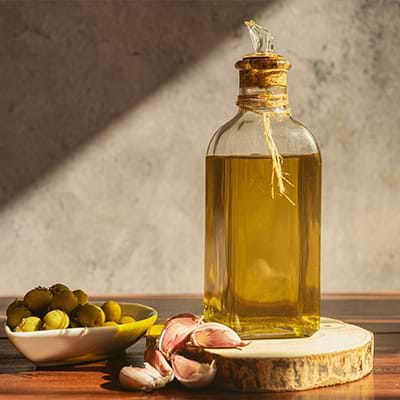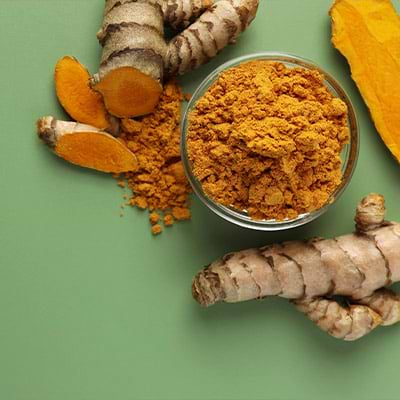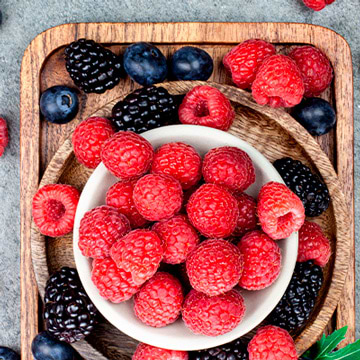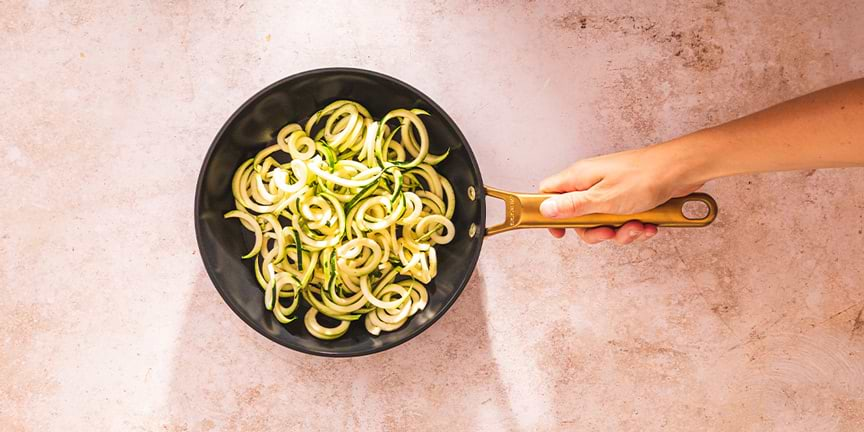Which are the most anti-inflammatory foods to include in your diet?
Stomach discomfort, gas, constipation, heaviness, and constant bloating—do these symptoms sound familiar? More and more people are choosing to follow an anti-inflammatory diet to help prevent and fight inflammation. This type of inflammation can lead to other associated chronic diseases, including diabetes, chronic pain, or even the well-known SIBO—one of the most common conditions among both young and older individuals in recent years.
Since we don’t want this to happen to you, start combating these unpleasant sensations now with proper nutrition. Keep reading to discover six of the best anti-inflammatory foods and, of course, how you can incorporate them into your daily diet.
What does an anti-inflammatory diet consist of?
The anti-inflammatory diet, also known as a diet to combat inflammation, has gained popularity in recent years. This comes as no surprise given the increasing digestive discomfort many experience after meals. This diet is primarily based on consuming natural foods that help reduce inflammation in the body. It focuses on fresh fruits and vegetables, healthy fats such as olive oil, lean proteins, and other foods rich in antioxidants and fiber.
In addition to incorporating these foods into your eating habits, this approach also significantly reduces the intake of ultra-processed products, refined sugars, and trans fats that can harm the body.
When is it recommended to follow an anti-inflammatory diet?
Following an anti-inflammatory diet is beneficial for everyone, but it is especially recommended in certain specific cases, such as:
- People diagnosed with autoimmune diseases, such as lupus or rheumatoid arthritis.
- Those suffering from chronic conditions, including hypertension and diabetes.
- Individuals with digestive issues, such as irritable bowel syndrome.
- Athletes looking to improve recovery and reduce oxidative stress as quickly as possible.



Natural Anti-Inflammatory Foods
If you’re ready to improve your diet completely, start today by naturally incorporating anti-inflammatory foods such as:
01 Turmeric:
Containing curcumin, it is considered a powerful natural anti-inflammatory.
02 Ginger:
It has antioxidant properties that can reduce inflammation right after meals.
03 Red fruits:
From strawberries to blueberries or raspberries, all of these fruits are rich in antioxidants, including polyphenols.
04 Extra virgin olive oil:
Olive oil contains oleocanthal, a compound very similar to ibuprofen.
05 Fatty fish
It has a high content of omega-3 fatty acids, including fish such as salmon, sardines, and tuna.
06 Nuts:
They provide a high amount of healthy fats and antioxidants, including walnuts, almonds, and hazelnuts.
Duration of an Anti-Inflammatory Diet
Unlike other diets, the anti-inflammatory diet does not have a set duration, as it is recommended more as a lifestyle rather than a temporary solution. In fact, some medical studies indicate that the benefits of this diet start to become noticeable about 4–6 weeks after adopting healthier eating habits and incorporating the foods we’ve mentioned.
In short, if you want optimal results and to prevent inflammation, it’s best to follow this diet in the long term. Trust us—once you start, you won’t want to go back!
Foods to Avoid in Your Anti-Inflammatory Diet
ust as some foods help reduce bloating and inflammation, others should be avoided as much as possible to minimize daily discomfort. In your diet, you should eliminate refined sugars, commonly found in soft drinks, sweets, and industrial pastries; trans fats from fast food and ultra-processed products; meats with additives and preservatives, such as sausages and cold cuts; and refined carbohydrates like white bread, pasta, and rice.
Any of these foods can significantly increase inflammation in your body. So, remove them from your diet as soon as possible—your body and stomach will thank you!



